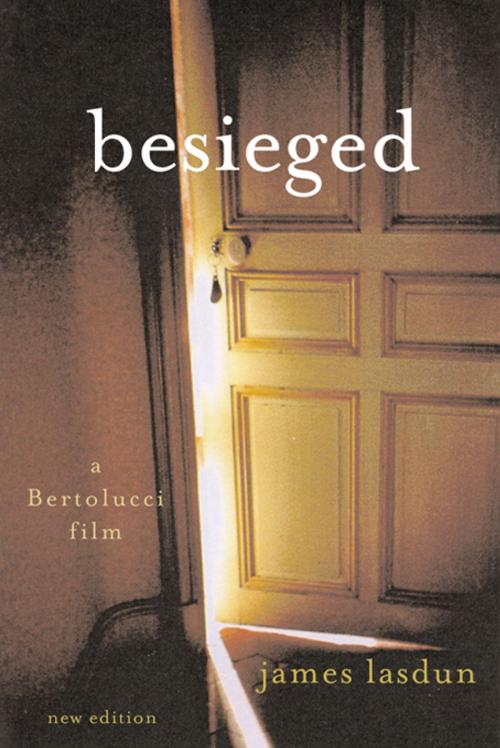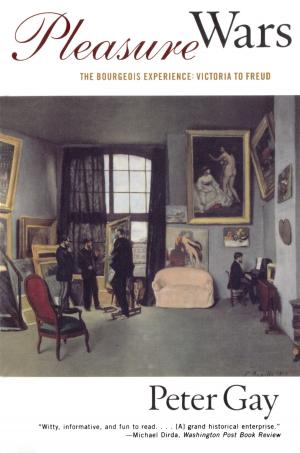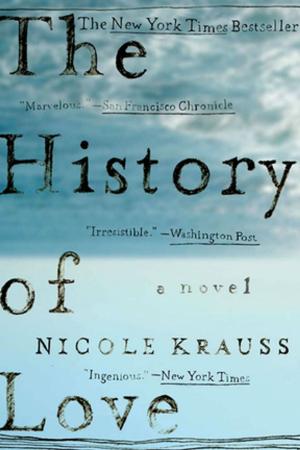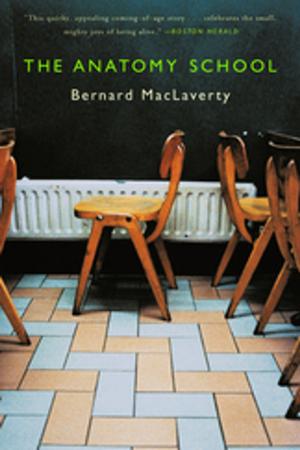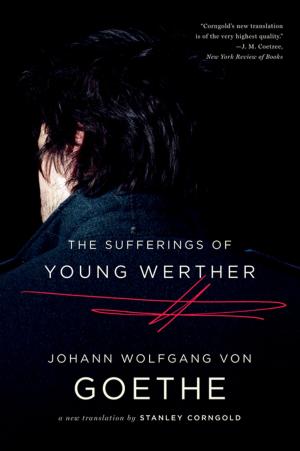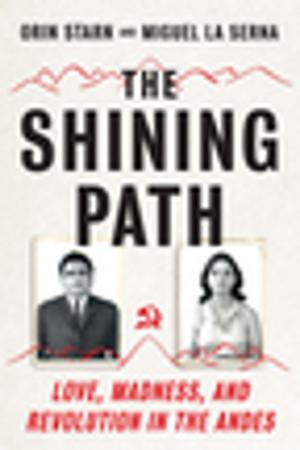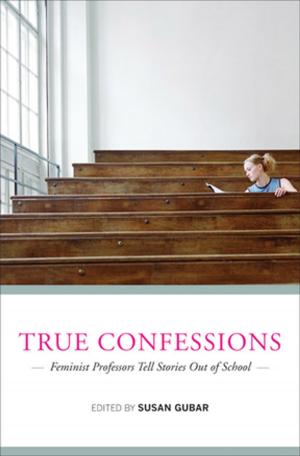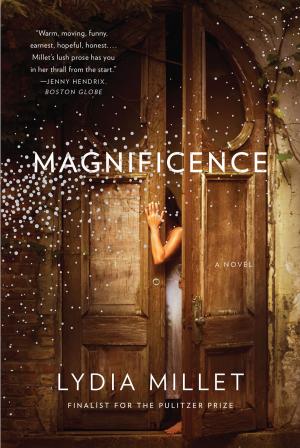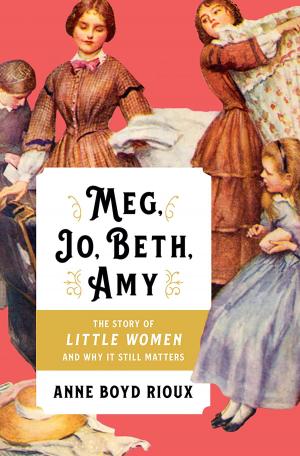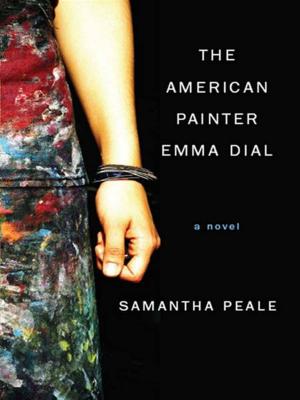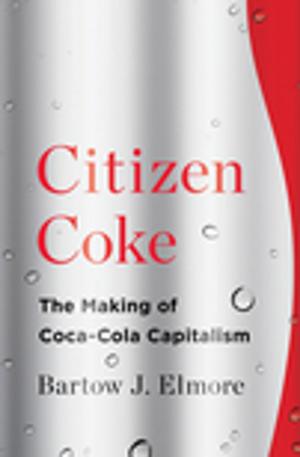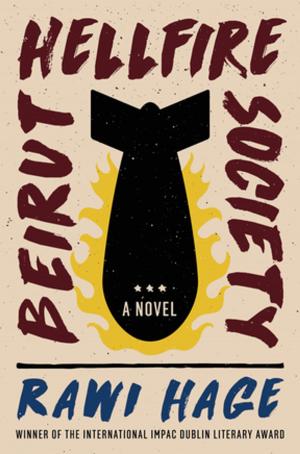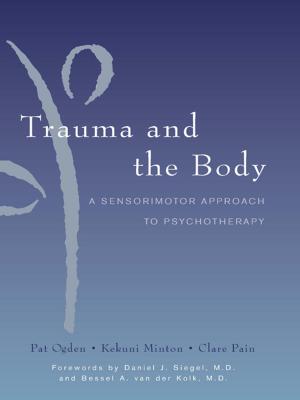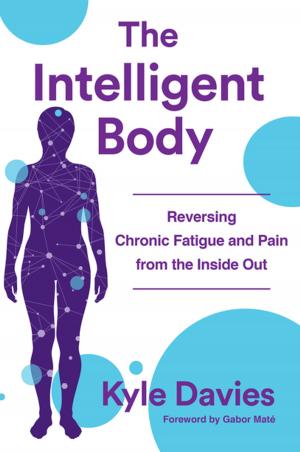| Author: | James Lasdun | ISBN: | 9780393346206 |
| Publisher: | W. W. Norton & Company | Publication: | July 17, 2000 |
| Imprint: | W. W. Norton & Company | Language: | English |
| Author: | James Lasdun |
| ISBN: | 9780393346206 |
| Publisher: | W. W. Norton & Company |
| Publication: | July 17, 2000 |
| Imprint: | W. W. Norton & Company |
| Language: | English |
James Lasdun's two collections of short stories, Delirium Eclipse and Three Evenings, have won him outstanding praise as one of the most distinctive British writers of his generation, both as a stylist and as a storyteller.
His work has been described by the New York Times Book Review as an "elegant pathology report on the modern soul," and the Village Voice calls his prose "art that burrows into troubling new territory even as it glides by like a dream." Besieged shows his gift for exploring the undertones of contemporary experience at its most haunting and electrically charged. Against a variety of stunningly evoked backgrounds—from the teeming banks of the Ganges in Varanasi to a homeless shelter in New York—these powerful, intensely focused narratives reverberate, as Michiko Kakutani put it in the New York Times, "insistently in the reader's mind long after he has finished the book." In "Ate/Menos" or "The Miracle," a young man takes unscrupulous advantage of a woman who mistakes him for someone else and finds himself enmeshed in her desperate obsessions and nightmares. In "The Siege," a wealthy recluse falls in love with the immigrant woman who lives in his basement. On discovering she is married and that her husband is a political prisoner, he embarks on a course of action that will lead simultaneously to his destruction and to his salvation. Two of the stories in this collection were made into major independent film. "Ate Menos" was the basis for the film Sunday, which won the Grand Jury Best Feature Award at Sundance. "The Siege" was adapted by Bernardo Bertolucci for his film Besieged.
James Lasdun's two collections of short stories, Delirium Eclipse and Three Evenings, have won him outstanding praise as one of the most distinctive British writers of his generation, both as a stylist and as a storyteller.
His work has been described by the New York Times Book Review as an "elegant pathology report on the modern soul," and the Village Voice calls his prose "art that burrows into troubling new territory even as it glides by like a dream." Besieged shows his gift for exploring the undertones of contemporary experience at its most haunting and electrically charged. Against a variety of stunningly evoked backgrounds—from the teeming banks of the Ganges in Varanasi to a homeless shelter in New York—these powerful, intensely focused narratives reverberate, as Michiko Kakutani put it in the New York Times, "insistently in the reader's mind long after he has finished the book." In "Ate/Menos" or "The Miracle," a young man takes unscrupulous advantage of a woman who mistakes him for someone else and finds himself enmeshed in her desperate obsessions and nightmares. In "The Siege," a wealthy recluse falls in love with the immigrant woman who lives in his basement. On discovering she is married and that her husband is a political prisoner, he embarks on a course of action that will lead simultaneously to his destruction and to his salvation. Two of the stories in this collection were made into major independent film. "Ate Menos" was the basis for the film Sunday, which won the Grand Jury Best Feature Award at Sundance. "The Siege" was adapted by Bernardo Bertolucci for his film Besieged.
